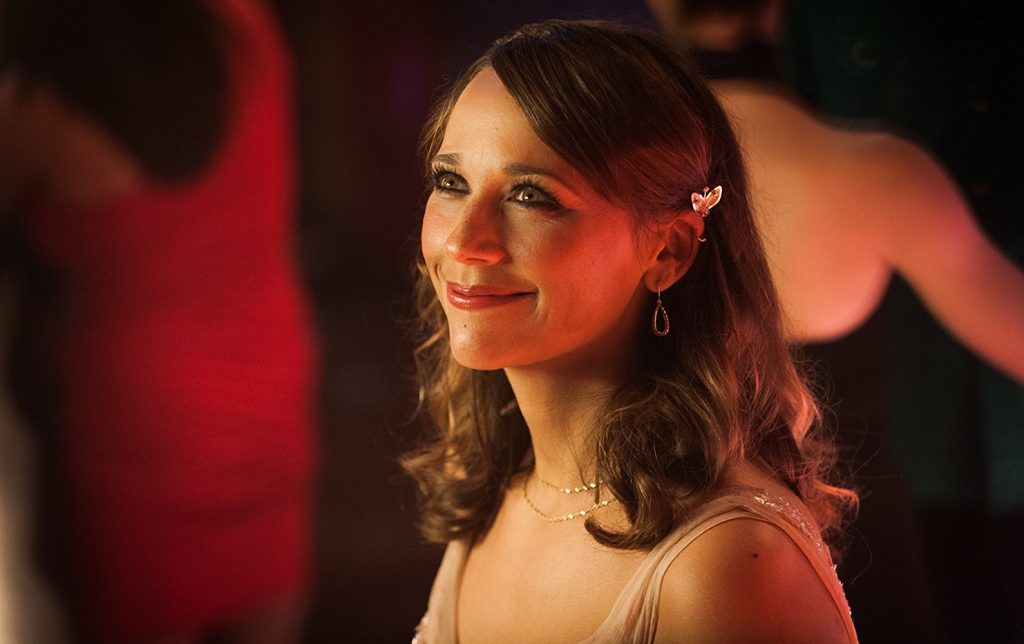Rashida Jones might be best known for her onscreen work in “Parks and Recreation,” “Angie Tribeca,” and “The Office,” but she’s also a prolific writer and producer. “Black Mirror,” “Claws,” and “Celeste & Jesse Forever” are among her credits and, according to Jones, working behind-the-scenes offers her a satisfaction she seldom experiences with acting.
“The reason I got behind the camera was because I felt replaceable as an actress,” she revealed in an interview with Net-A-Porter. “You walk into a room, and they’ve already decided whether you’ve got the part based on your hair. There are people born to act, but I play parts which are just versions of me. Writing is more of a back and forth conversation. That, for me, feels better.”
Not that offscreen work is without its own challenges. Like most women in Hollywood — and most women, period — Jones has had to deal with workplace sexism. “There is so much behavior I tolerated for so long because I didn’t know it was unacceptable. From being talked down to, to having your ideas stolen — like nobody hears your idea until the man says it — to being harassed,” she detailed. “You just try to survive your job. You smile and you rage when you get home.”
As she’s navigated show business over the years, Jones has become more confident and more comfortable speaking out about injustice, as she did when she and writing partner Will McCormack exited “Toy Story 4.” The duo cited Pixar’s culture of exclusion, particularly of women and people of color, when they announced their decision.
Describing her experience with Pixar as “complicated,” Jones explained, “You look at [Pixar’s] track record and it was one woman directing one film in 25 years [‘Brave’s’ Brenda Chapman], and she was fired. But that doesn’t look different from most studios in Hollywood.” She added, “All I can be is myself, and speak up and be honest when I feel things don’t reflect the world as it today. As a corporation, you will be held accountable,” she stressed.
In the interview Jones also opened up about the double standards execs place on film characters — women have to be sympathetic and men don’t. “When I was writing 10 years ago, I took what is typically considered a male character and would give it to the woman. I’d get feedback saying, ‘She’s not likable.’ I would think, ‘So fucking what. Every guy isn’t likable, until he is,'” Jones recalled. “Women are taught to be nice. Men are taught to be powerful. I want to find a way to tell stories from a woman’s perspective that doesn’t feel like it’s been put in the mouth of a woman by a guy.”
You can catch Jones next in ensemble comedy “Tag,” out June 15. Her feature directorial debut, “Quincy,” is currently in post-production. Jones co-wrote and co-helmed the doc about her father, music producer Quincy Jones, with Alan Hicks (“Keep on Keepin’ On”). Her upcoming work also includes penning the “9 to 5” reboot and writing and directing an adaptation of “Goldie Vance.” Kerry Washington will produce the latter, which focusses on a 16-year-old aspiring sleuth.
Head over to Net-A-Porter to read Jones’ full interview, including her personal definition of feminism and why she believes “9 to 5” is as relevant today as it was when it premiered in 1980.







